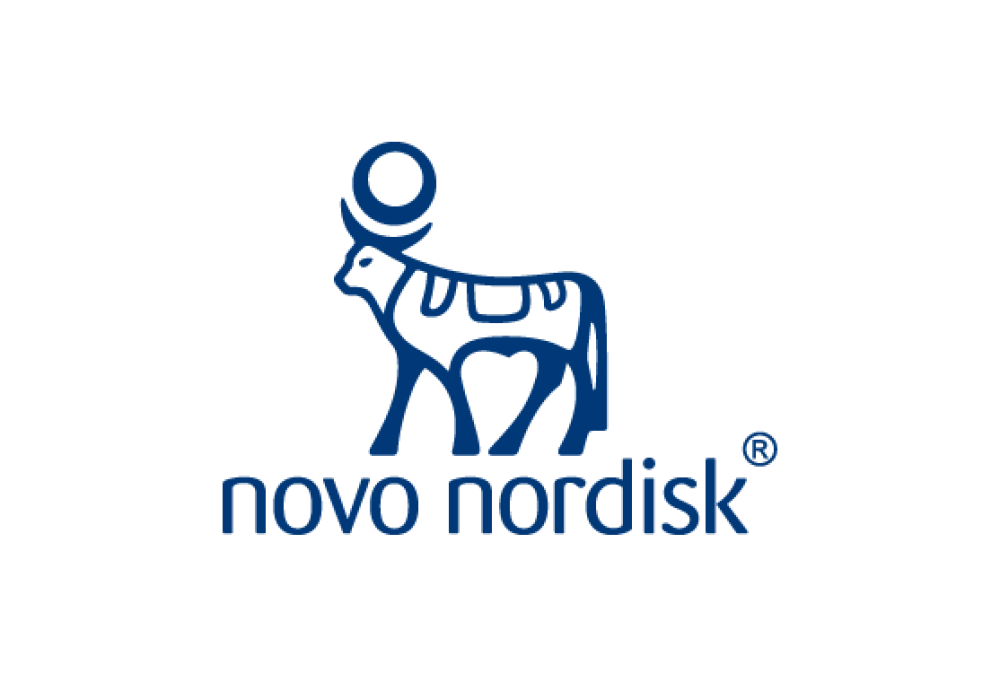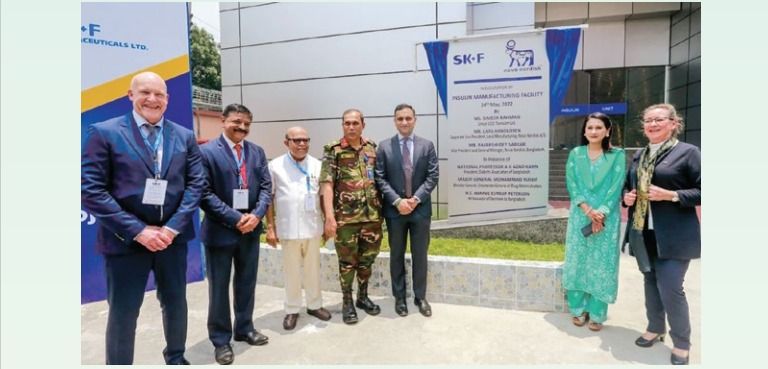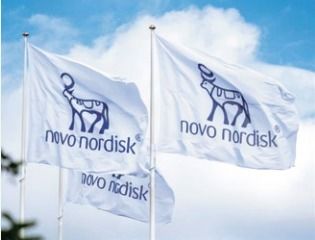![]() Mr. Rajarshi Dey Sarkar
Mr. Rajarshi Dey Sarkar
![]() August 26, 2023
August 26, 2023
![]() (0) Comment
(0) Comment

![]() Mr. Rajarshi Dey Sarkar
Mr. Rajarshi Dey Sarkar
![]() August 26, 2023
August 26, 2023
![]() (0) Comment
(0) Comment

 In a developing country like Bangladesh, rising diabetes rates present enormous challenges to poverty eradication and economic development. Bangladesh has ~13 million adults living with diabetes, and it is estimated that the number will be ~ 22 million by 2045 as per International Diabetes Federation (IDF). Novo Nordisk Bangladesh (NNBD) is committed to improve diabetes care and tackling the affordability and accessibility challenges in Bangladesh. In order to provide access to affordable best-in-class insulin to more patients, NNBD established a partnership in 2012 with Eskayef Pharmaceuticals, one of the country’s leading pharmaceutical company, to jointly manufacture insulin vials locally.
In a developing country like Bangladesh, rising diabetes rates present enormous challenges to poverty eradication and economic development. Bangladesh has ~13 million adults living with diabetes, and it is estimated that the number will be ~ 22 million by 2045 as per International Diabetes Federation (IDF). Novo Nordisk Bangladesh (NNBD) is committed to improve diabetes care and tackling the affordability and accessibility challenges in Bangladesh. In order to provide access to affordable best-in-class insulin to more patients, NNBD established a partnership in 2012 with Eskayef Pharmaceuticals, one of the country’s leading pharmaceutical company, to jointly manufacture insulin vials locally.

As part of NNBD’s commitment to ensure an uninterrupted supply of affordable insulin to patients and build a long-term partnership with Eskayef Pharmaceuticals, NNBD and Eskayef Pharmaceuticals signed an agreement in 2018 to build an insulin penfill production site to be located in Eskayef Pharmaceuticals’ existing plant in Gazipur. The construction of the production site was completed with technical cooperation from Novo Nordisk in Q2/2022 and the inauguration took place on 24 May 2022.
National Professor A K Azad Khan, President Diabetic Association of Bangladesh; Major General Mohammad Yusuf, Director General, DGDA; H.E. Winnie Estrup Petersen, Ambassador of Denmark to Bangladesh; Ms. Simeen Rahman, Group CEO, Transcom Ltd; Lars Arnoldsen-Corporate Vice President local manufacturing along with Rajarshi Dey Sarker, VP & GM, Novo Nordisk, Bangladesh, NNBD other officials were present on the occasion. Jayagovindan Thyagarajan - Corporate Vice President of South East Asia of Novo Nordisk has sent his good wishes through a video message.
It is expected that the first insulin penfills will be manufactured and made available to our patients by 2023. The total annual production capacity will amount to 52 million penfills.